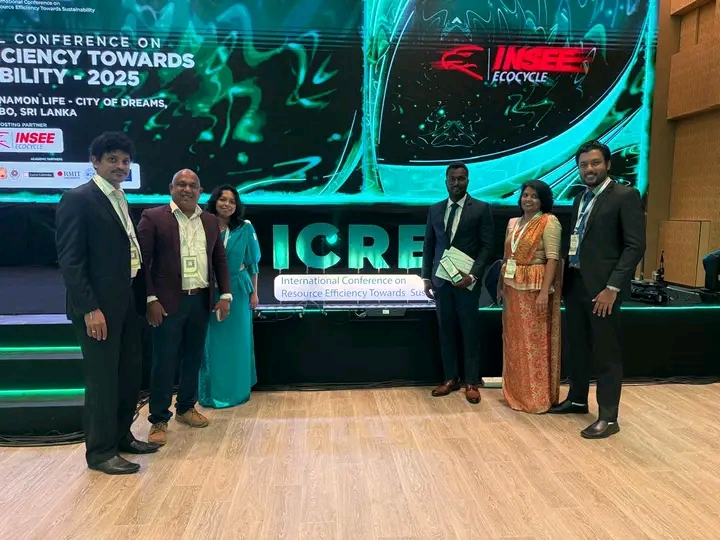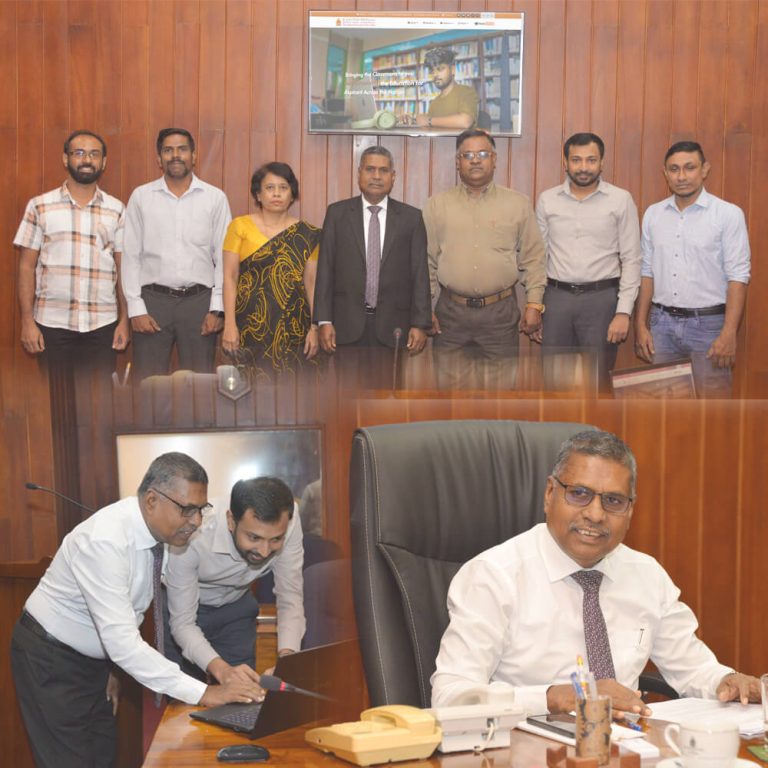Bringing the Classroom to you
Transforming Revolutionizing Reshaping Modernizing the Education for
Aspirant Across the Nation
Unlock Your Potential with
Flexible Accessible High Quality
Education Designed to
Achieve Your Goals.
The Open University’s commitment to providing adaptable, inclusive, and excellent education designed to help students achieve their personal and professional aspirations.
Bringing the Classroom to you
Transforming Revolutionizing Reshaping Modernizing the Education for
Aspirant Across the Nation
Why OUSL
The Open University of Sri Lanka offers flexible, high-quality education with a wide range of programs designed to suit diverse needs, allowing students to learn at their own pace while benefiting from experienced faculty and modern facilities.

Flexible Learning
OUSL allows learners to pursue education at their own pace, accommodating various learning styles and techniques.
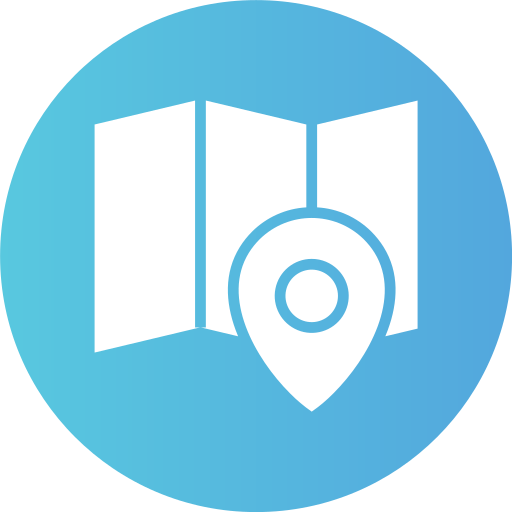
Island Wide Coverage

Lifelong Learning

140+ Study Programmes
A diverse and comprehensive range of study fields, offering learners a variety of options to choose from based on their interests and career aspirations.

40000+ Learners
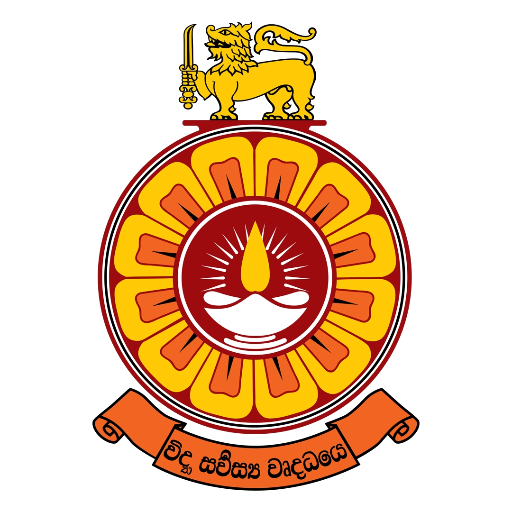
State University

Flexible Learning
OUSL allows learners to pursue education at their own pace, accommodating various learning styles and techniques.

Island Wide Coverage

Lifelong Learning

140+ Study Programmes
A diverse and comprehensive range of study fields, offering learners a variety of options to choose from based on their interests and career aspirations.

40000+ Learners

State University

140+ Study Programmes
A diverse and comprehensive range of study fields, offering learners a variety of options to choose from based on their interests and career aspirations.

40000+ Learners
A diverse group of learners from various disciplines, including working professionals and individuals in remote areas.

State University
The Open University of Sri Lanka is a state university and it was established under the Open University Ordinance No. 1 of 1990

Flexible Learning
OUSL allows learners to pursue education at their own pace, accommodating various learning styles and techniques.

Island Wide Coverage
OUSL ensures accessible quality education for diverse students through nine (09) Regional Centers and eighteen (18) Study Centers nationwide.

Lifelong Learning
Continuous pursuit of knowledge through courses spanning all levels of Sri Lanka Qualification Standards, fostering personal and professional growth.
Recent News
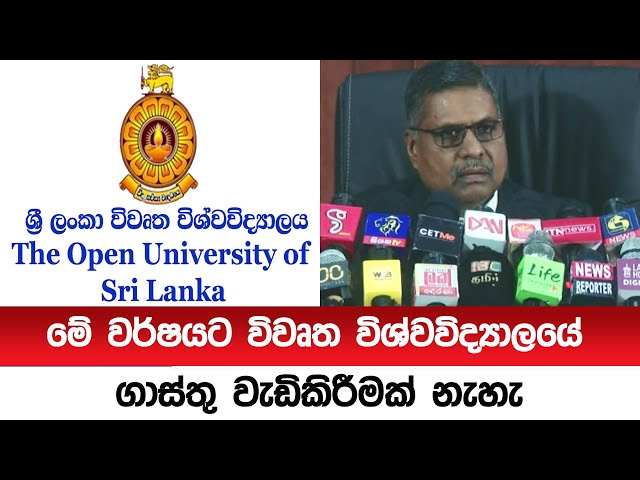
මේ වර්ෂයට විවෘත විශ්වවිද්යාලයේ ගාස්තු වැඩිකිරීමක් නැහැ
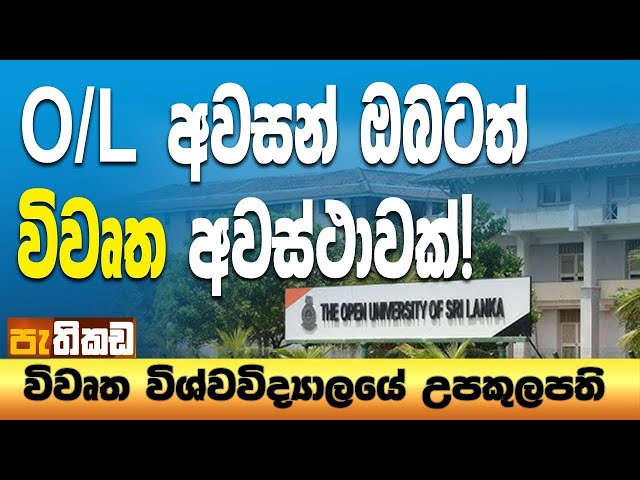
විවෘත විවෘත විශ්වවිද්යාලය : එන්න. බලන්න. තේරුම්ගන්න.
